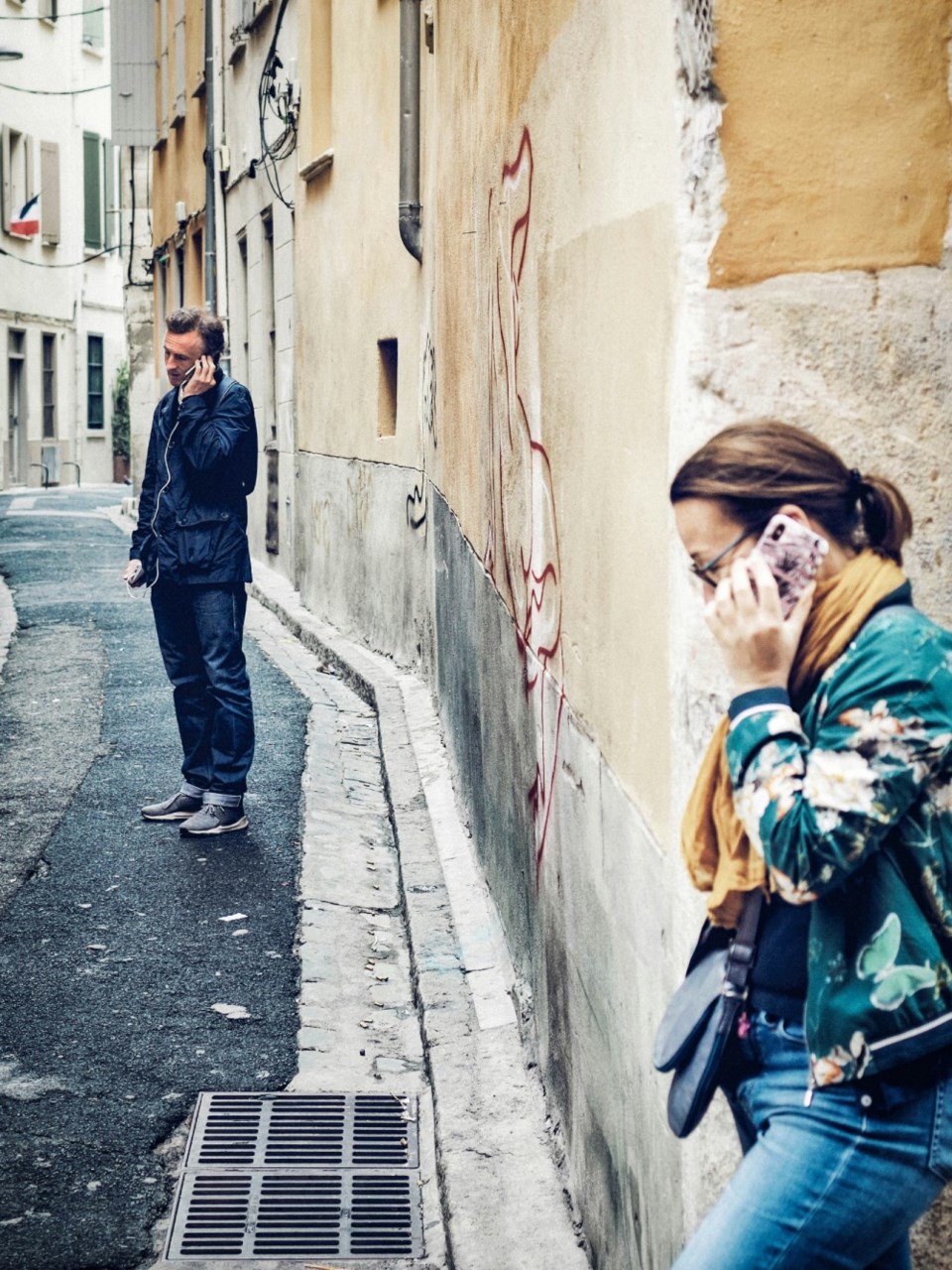The last 10 months have not been easy. As a deep believer in peace and dialogue, it has been very painful to watch the news. In the aftermath of the October 7th attacks I found myself aghast at rhetoric being sent my way. On Facebook, I began receiving anonymous images of dead bodies in my inbox meant to intimidate and sway me. I never voice any political views on Facebook. It was clear that the vile messages were coming my way simply because I am a rabbi.
I witnessed progressive friends promoting viewpoints that call for the end of the state of Israel. I also heard voices within my own community say that any criticism of Israel is antisemitic. Surely, I thought, there must be a middle ground between “Israel is an illegitimate state” and “all who criticize Israel hate Jews.” Where was the nuance?
In January I observed the cancelling of a local for peace in the Middle East due to threats of disruption from pro-Palestinian protestors. The same month, I spoke at a beautiful and reassuring multifaith event organized by the Ahmadiya Muslim community about kindness and kinship. Amidst this diverse but mostly painful tapestry of encounters, I decided I was long overdue to meet the “other” in Victoria. I went to a pro-Palestinian rally at the legislature. I asked questions and listened.
I fell into an hour-long conversation with a Palestinian and a Syrian man. Despite many differences between our viewpoints, I felt a palpable and sincere bond. These men were passionate, intelligent, and – like me – shared a personal connection to the region. Over the course of our dialogue we listened to each other, showed respect to one another, and disagreed openly. It was the single most refreshing and relieving hour I had experienced in months.
There is an ancient concept in Judaism called makhloket leshem shamayim, “argument [lit. division] for the sake of Heaven.” It is about “holy disagreement” for the greater good; for the sake of building, not destroying. It aims for truth, growth, and understanding – not self-aggrandizement or shaming your opponent. This revered style, similar to what we call dialogue today, only works if all parties are open to being changed.
At this moment, the single largest impediment to constructive disagreement is the toxic social media landscape. In one form or another, we are all swimming in its turbulent waters. Misinformation abounds. Algorithms put us in silos and demonize the other side. Anonymity brings out our worst traits. Conspiracy grows exponentially. Bitter disagreements, attacks on character, seemingly insurmountable rifts, and even violence are becoming normalized.
Social media platforms separate us. They create division [makhloket] but not for the sake of “Heaven.” Our vitriolic disagreements happen for the sake of monetization. The more we are siloed and mesmerized by the traps of social media, the more large tech companies generate advertising revenue. We are collectively being used.
Today, I worry about being Jewish more than I ever have. I also worry about my Muslim and Arab friends. But, most of all, I worry about the social fabric of sa国际传媒. My troubled year is only one expression of the broader trend of illiberalism which threatens us all.
Let’s call on our government to regulate social media so we can begin a nation-wide detox. Young and old, let’s put our phones and computers away and come together in person for real face time! It’s not about agreeing, but rather opening ourselves up to learn and to share. To quote the great rabbi Abraham Joshua Heschel, “Words create worlds.” Let’s create a better world together.
Rabbi Matthew Ponak is a spiritual counsellor, a teacher, and an author. His upcoming book makes essential teachings of Jewish mysticism accessible and places them side-by-side with inspirations from our era and the world’s great wisdom traditions. Learn more at .
You can read more articles on our interfaith blog, Spiritually Speaking at /blogs/spiritually-speaking
* This article was published in the print edition of the sa国际传媒 on Saturday, June 29th 2024



